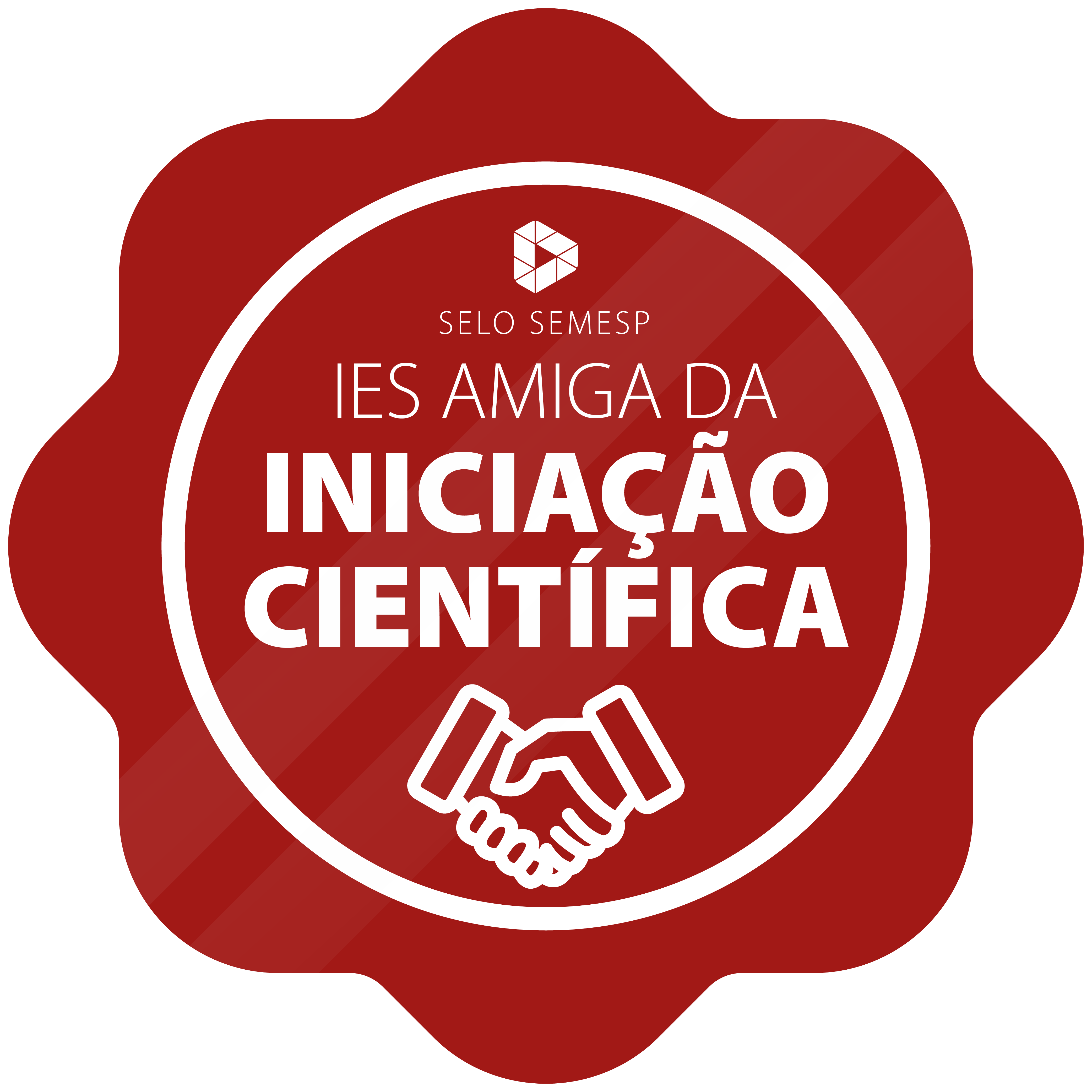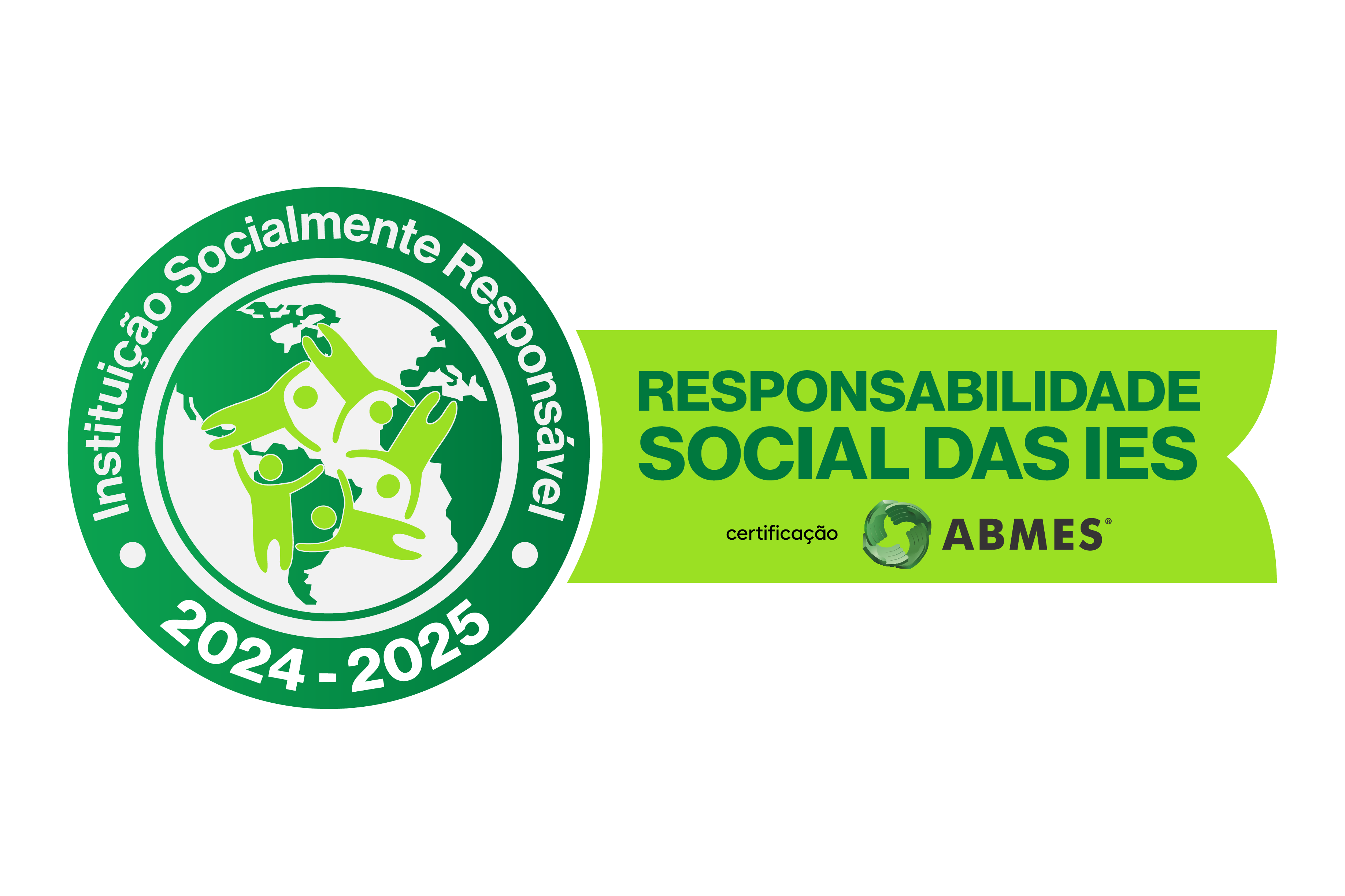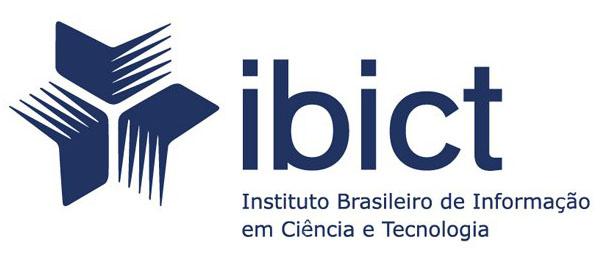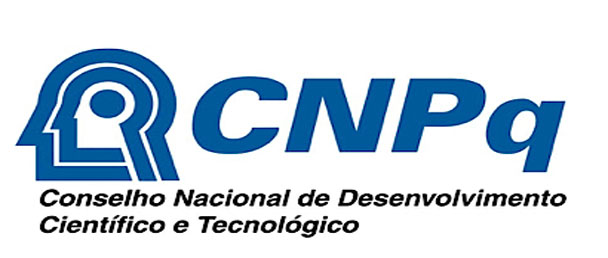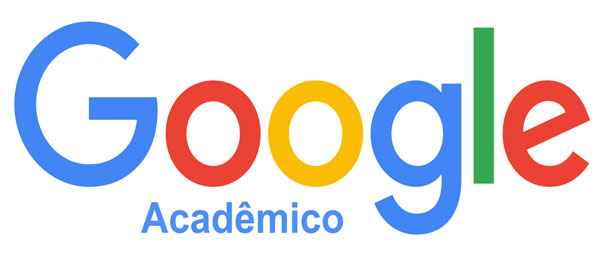Ciência, Tecnologia e Educação: uma abordagem interdisciplinar
Science, Technology, and Education: an interdisciplinary approach
Abstract
This study aims to present some theoretical principles that discuss the importance of science and technology, not only in the educational field, but also for the development of society and critical citizens capable of modifying the environment in which they live through significant actions that result from the implementation of new technologies in the school context. Faced with the complexity of the problems encountered for this implementation, this work aims to argue how technology allied with education can be a tool that has much to contribute and benefit teaching, making learning more engaging for the
student. However, it is necessary not only to use technology but also to use it responsibly, as it is the teacher's role to guide, stimulate action, and encourage students' reflection. This work was developed through bibliographic research, contributing to a constructive reflection, where it is observed that the
teacher needs to incorporate in their practices an analysis and understanding of reality, reflecting on and critically mastering new technologies aimed at education. Science and technology are understood in a broad aspect, always requiring rethinking and redirecting them in a dynamic process that continually involves decision-making, being important allies to the professional as instruments for energizing teaching practices.
Downloads
Metrics
References
BAZZO, W. A. Ciência, Tecnologia e Sociedade: e o contexto da educação tecnológica. Florianópolis: Ed. da UFSC, 1998. ______.;
__________, Walter Antonio. Ciência, Tecnologia e Sociedade: a relevância do enfoque CTS para o contexto do Ensino Médio. Ciênc. educ. (Bauru), Bauru , v. 13, n. 1, p. 71-84, Apr. 2007.
BRASIL. LDB – Lei de Diretrizes e Bases da Educacional. Lei 9394/96. _________. Base Nacional Comum Curricular. Brasília: MEC/Secretaria de Educação Fundamental, 2017. Disponível em: http://basenacionalcomum.mec.gov.br/images/BNCC_EI_EF_110518_versaoinal_site.pdf . Acesso em:11/02/2024 às 19:37
__________. Ministério da Educação. Secretaria de Educação Média e Tecnológica. Parâmetros Curriculares Nacionais do Ensino Médio: bases legais/ Ministério da
Educação – Brasília: Ministério da Educação/Secretaria de Educação Médio e Tecnológica, 1999.
DELGADO, Omar Carrasco. Inserção e Mediações das Novas Tecnologias na Educação Básica. Vitória: Grafer, 2006.
GOOB, Carla: https://educacao.imaginie.com.br/author/carla/ /2020. Acesso em: 25/09/ 2021
MORAN, José Manuel; MASETTO, Marcos T.; BEHRENS, Marilda Aparecida. Novas Tecnologias e Mediação Pedagógica. 13. ed. Campinhas: Papirus, 2007.
OLIVEIRA. Fátima Bayma. Desafios da educação. Rio de Janeiro: e-papers: Fundação Getúlio Vargas, 2009.
PINHEIRO, Nilcéia Aparecida Maciel; SILVEIRA, Rosemari Monteiro Castilho Foggiatto; 2009
SAMPAIO, Marisa Narcizo, LEITE, Lígia Silva. Alfabetização Tecnológica do Professor. Petropólis- RJ:Vozes. 2008.
SILVA, Mozart Linhares da (Org.). Novas tecnologias: educação e sociedade na era da informação. Belo Horizonte: Autêntica, 2001.
SILVEIRA, Rosemari Monteiro Castilho Foggiatto; BAZZO, Walter. Ciência, tecnologia e suas relações sociais: a percepção de geradores de tecnologia e suas implicações na educação tecnológica. Ciênc. educ. (Bauru), Bauru, v. 15, n. 3, p. 681-694, 2009.
WERTHEIN, Jorge. A sociedade da informação e seus desafios. Ci. Inf., Brasília, v. 29, n. 2, p. 71-77, Aug. 2000.


